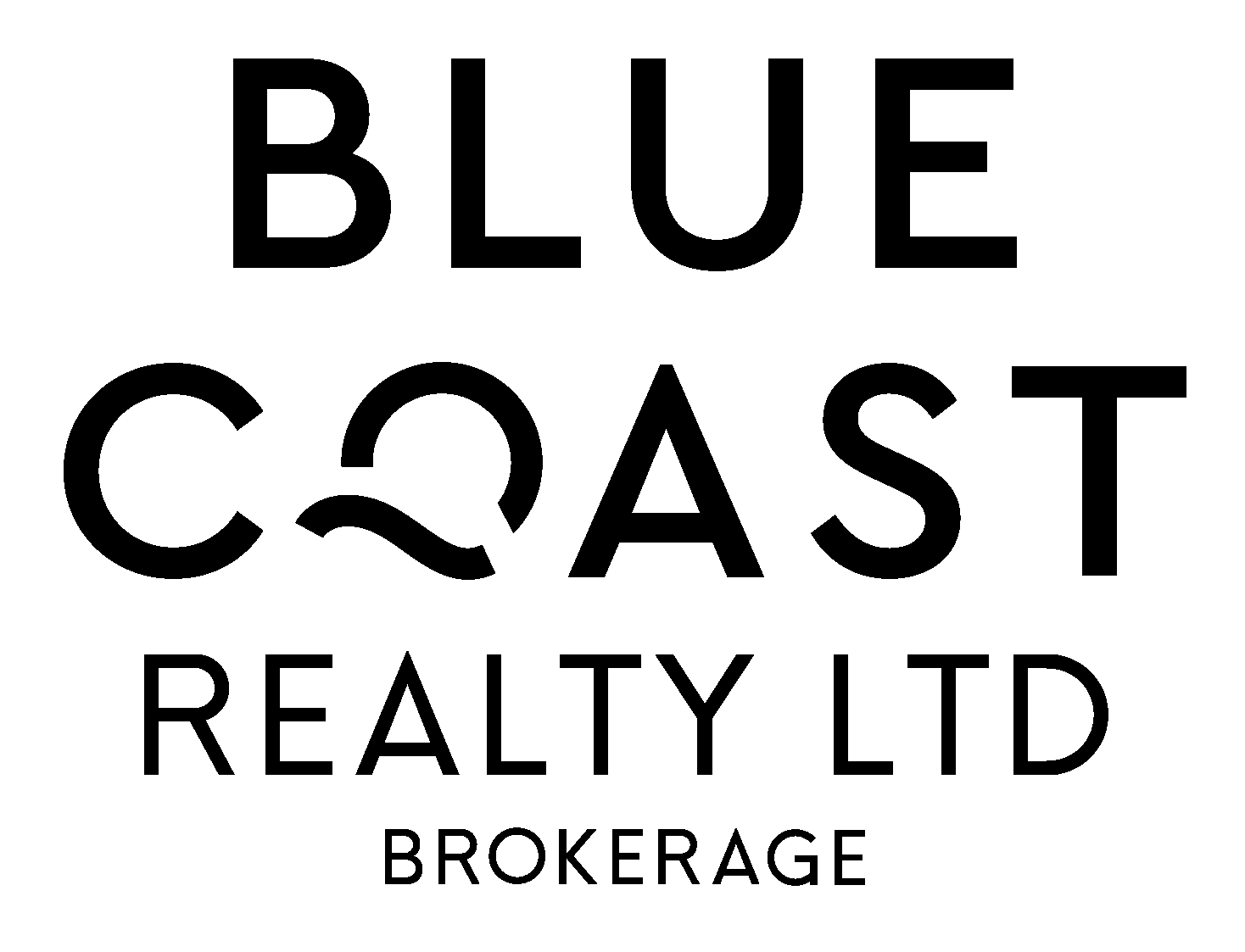
You may have heard about the Liberal government's plan to ban blind bidding. But is it a good thing, or a bad thing? Today we're looking at Blind Bidding vs Open Bidding.
Let's imagine a scenario. You are in the market to buy a house. You have made an offer on one home that you absolutely love. Then, another buyer makes an offer on the same property. You're excited and hope to win the bidding war! But the other buyer, not knowing what you've bid, has offered way over the asking price and blew your offer out of the water. But what if this happens to you again? This time, ten other buyers make offers on your next choice of home; each anticipating high bids and they all ask way over asking. The next thing you know, the property sells for 50 grand over asking and you're left feeling defeated.
This isn't a hypothetical; in cities like Toronto, you've probably heard in the news of homes selling for over half a million dollars over asking. This leads to frustrated buyers bidding way over asking on the next home of interest.
Another thing to consider is that Realtors use comparative market analyses to help determine listing prices. If a similar property in a neighbourhood sells for more, it increases the value of the other homes too, driving their prices up. This frustrates buyers and makes it harder for millennials to break into the real estate market.
These are some of the cons of blind bidding. But what are the pros? First, under regular market conditions, blind bidding is good for sellers as it saves sellers money by eliminating lowball offers. When buyers don't know how much others are bidding, they tend to ask closer to or above the asking price.
Blind bidding also can make the process faster. Since sellers typically review offers in one meeting where all offers are presented, there are fewer changes buyers can make and thus fewer appointments and time spent.
Canadians have watched real estate prices skyrocket across the country, and the government has explored ways to deal with bidding wars that drive prices up. This is where the idea of open bidding comes in and it's what the Liberal government has pledged to implement.
So, what is open bidding? Open bidding is exactly what it sounds like; those making offers are able to see what has been offered by other parties. Currently, while sharing the price of a competing offer is allowed in Ontario, it's rare for agents to do so.
When all parties are aware of what has been bid and have the ability to adjust their bid, the process of home buying becomes an auction. With bids, and changing bids multiple times from multiple parties, open bidding can make the buying and selling process chaotic and more time-consuming. Open bidding can lead to intense bidding wars too, which can creep the price up massively.
OREA, the Ontario Real Estate Association, has stated open bidding requires buyers to share far too much information and these details can alter the decisions that the seller makes. But they aren't against parties willingly opting-in if they so desire.
Knowing the buyer's address or whether or not a buyer needs to sell their home first, or even the dollar value of their down payment impacts whose offer is selected. They argue that having a calmer environment is better than the stress of open bidding.
So, what do real estate professionals think of the government's proposed meddling? Many believe that a bit more transparency could be a good thing, but don't necessarily trust the government to competently improve things. Blind bidding, especially in pre-COVID times, has worked really well.
As things return to normal it seems reasonable to expect the bidding process will be less like the wild west and become calmer as it had been for decades. If this change goes through, we simply can't predict what will happen in the market. Anyhow, we’ll be staying tuned to keep you informed.

